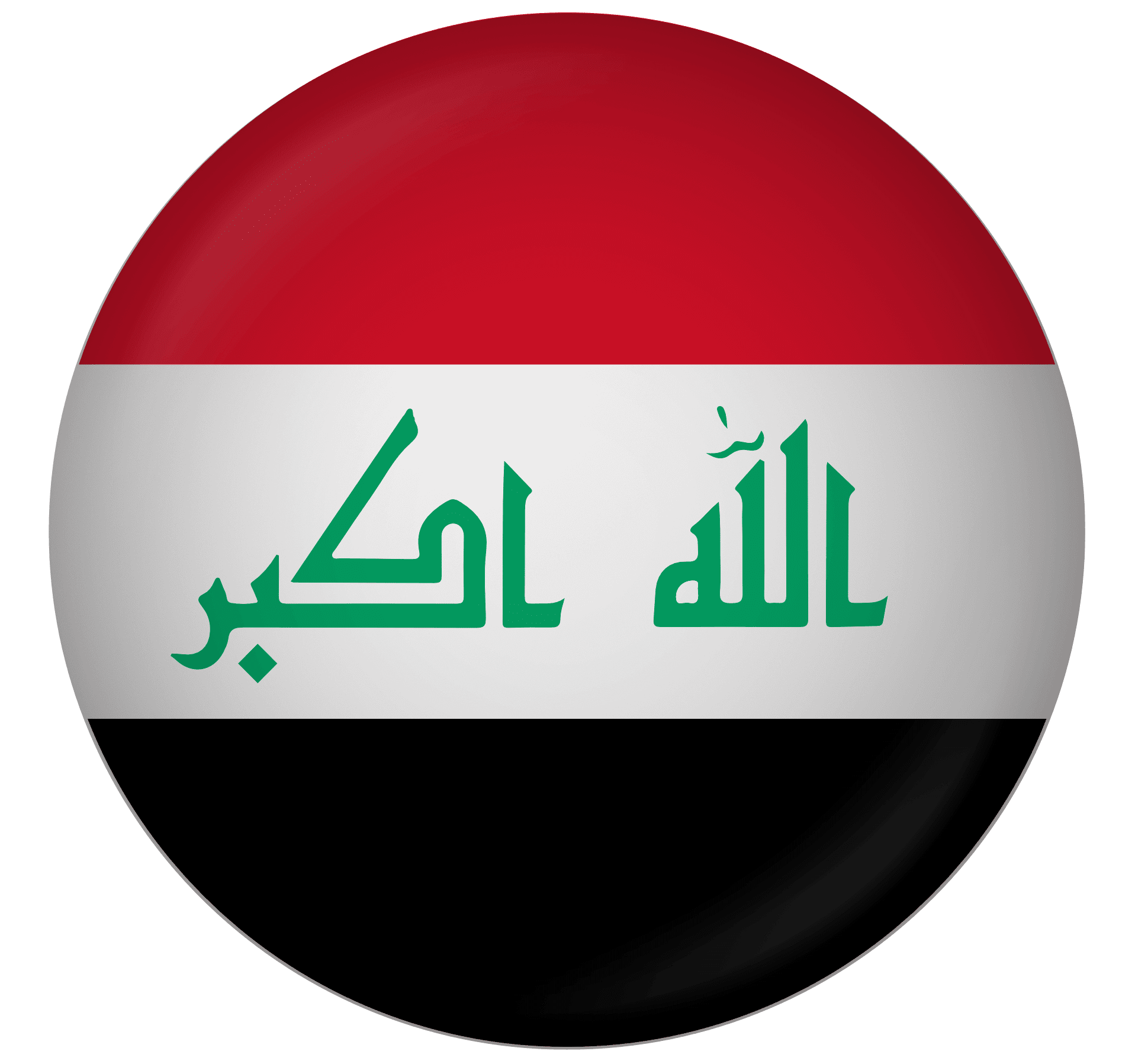Iraq is a federal parliamentary republic with 19 governorates, four of which are autonomous Kurdistan Regions. Islam is the country’s official religion. Iraq is recognized for its poets and has a rich cultural legacy that honors the achievements of its past in both pre-Islamic and post-Islamic ages. Its artists and sculptors are among the best in the Arab world, with some being world-class, and it produces beautiful handicrafts such as rugs and carpets. Iraq is a founding member of the United Nations, the Arab League, the Organization of Islamic Cooperation, the Non-Aligned Movement, and the International Monetary Fund.
Saddam Hussein’s Ba’ath Party was deposed from office in 2003 after an invasion by the US and its allies, and multi-party parliamentary elections were held in 2005. The US military presence in Iraq ended in 2011, but the insurgency in Iraq grew stronger as jihadists from Syria’s civil war entered the country.

